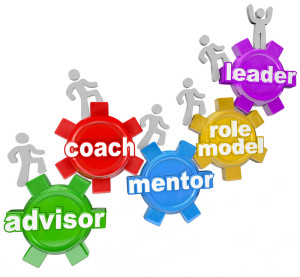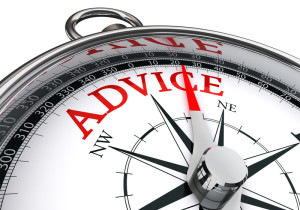Being a mentor is a fundamental role of leaders. A mentoring relationship may be a formal or informal arrangement. I’m currently participating in two formal mentor programs through the NEHIMSS chapter and the Emerging Leaders Program of RIBBA (Rhode Island Black Business Association). Informally I serve as a mentor for many people.
the Emerging Leaders Program of RIBBA (Rhode Island Black Business Association). Informally I serve as a mentor for many people.
I’ve written many blogs referencing the importance of being a mentor and having a mentor. Bill Russell and I share a commitment to developing next generation leaders. He outlined his concise framework for mentoring on a recent This Week Health Newsroom podcast – “A Framework for Mentoring”. As Bill explains, it’s all about helping your mentee to expand – their network, experience, knowledge and thinking.
As a leader, you have a broad network, and you can help expose your mentee to it. I truly believe that one of the most important introductions I ever received was as the new CIO at Brigham and Women’s Hospital when I attended my first CHIME conference in early 2000. My boss, John Glaser, CIO at Partners HealthCare, (now called Mass General Brigham) introduced me to his CIO colleagues at other large health systems and academic medical centers. Those connections helped greatly in my early CIO years and laid the foundation for getting more involved in CHIME. When I mentor people, making introductions to others who can be helpful to them is high on the list early in our conversations.
Expanding a mentee’s experience can happen most effectively when you work together in the same organization. Being able to have your mentee participate in certain meetings or initiatives on your behalf or with you is a powerful show of support and encouragement to them.
And of course, expanding their knowledge and thinking comes from your ongoing discussions and the resources you recommend to them. This Week Health is one of the resources I regularly recommend to mentees and others I talk with who are looking to stay current and relevant. Between the various podcasts, interviews with health IT leaders, and daily news headlines, it is worth checking out and sharing with others. As Bill describes it, “This Week Health is a set of channels and events dedicated to transform healthcare one connection at a time”.
Think back over your career to the people who have mentored you in some way. Guessing you would agree that what mentors do is truly priceless.
Related Posts:
Developing tomorrow’s leaders through mentorship and coaching



